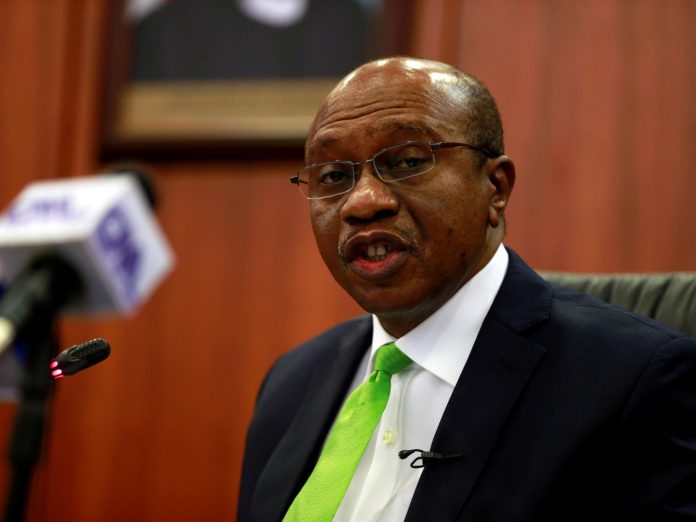The Central Bank of Nigeria (CBN) allocated a substantial sum of N155 billion in 2022 towards the now-abandoned RT200 and Naira-4-Dollar schemes, as per data outlined in its annual report.
The CBN clarified that these expenditures fell under the category of “rebate expenses” and were associated with the RT200 and Naira-4-Dollar initiatives.
These programs were introduced by the CBN, under the leadership of Godwin Emefiele, with the primary objective of augmenting foreign exchange inflows into the country.
CBN’s reasons for spending N155 billion on rebate expenses: A closer look
The CBN’s report elaborated on the rationale behind these rebate expenses, emphasizing that they were linked to schemes designed to enhance foreign currency inflow, diversify the sources of foreign exchange inflow, boost non-oil exports, ensure the stability and sustainability of foreign exchange inflows, and provide support to export-focused companies in expanding their export operations and capacities.
In particular, the CBN incurred N137 billion in expenses for the RT200 scheme in 2022 and N4 billion for the Naira-4-Dollar scheme in 2021.
These initiatives were discontinued following the announcement of the unification of exchange rates.
The RT200 scheme, which aimed to attract approximately $40 billion annually, managed to attract just $3 billion in the previous year, falling far short of its target.
The Naira-4-Dollar scheme, launched in 2021, was devised to incentivize remittances from Nigerians in the diaspora by offering a rebate of N5 for every $1 received through licensed International Money Transfer Operators (IMTOs).
This scheme sought to bolster the foreign exchange supply and alleviate pressure on the naira.
However, concerns were raised about the effectiveness of these schemes. For instance, some remittances seemed to be “exchanged” without actually flowing into Nigeria, prompting questions about the scheme’s impact.
While these initiatives have been terminated, the Nigerian naira has faced significant depreciation against the U.S. dollar, making it the worst-performing African currency this year, declining over 40 percent.
Analysts suggest that the lack of substantial improvement in interbank FX liquidity, despite the adjustment of the USD/NGN rate in June, can be attributed to the reintroduction of de facto controls limiting local trades above 800 and loose monetary policy conditions, as highlighted in a note by JP Morgan.

